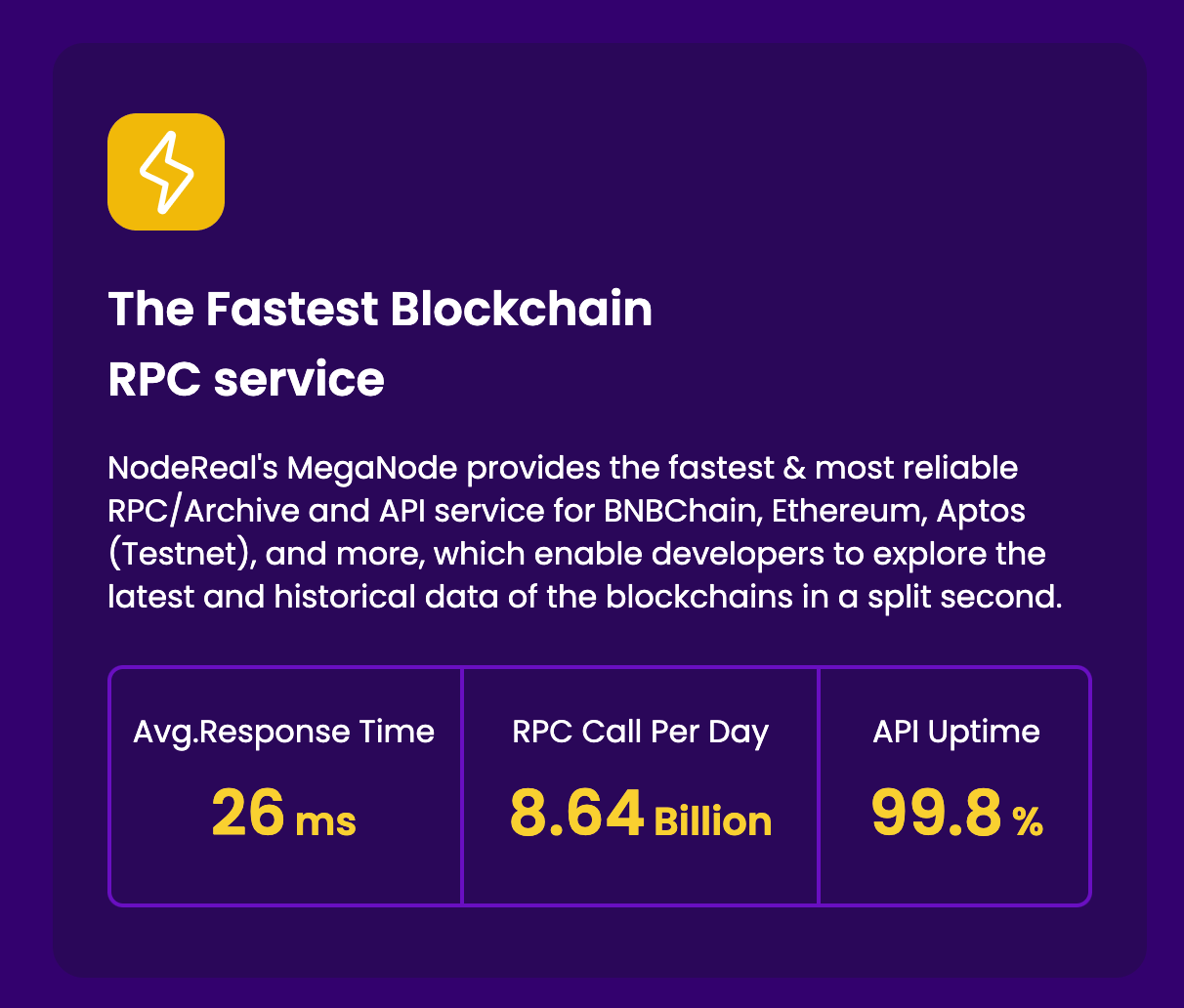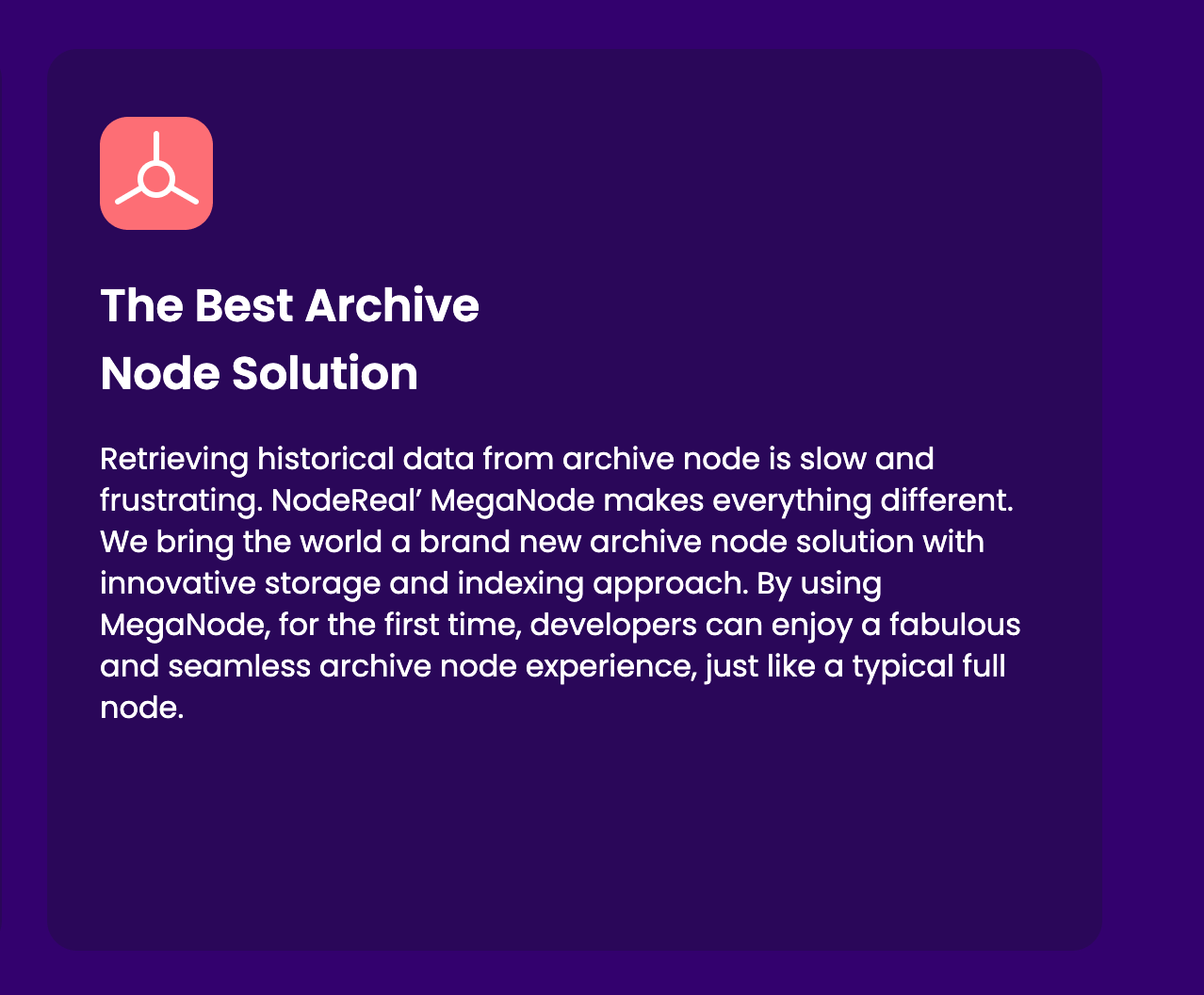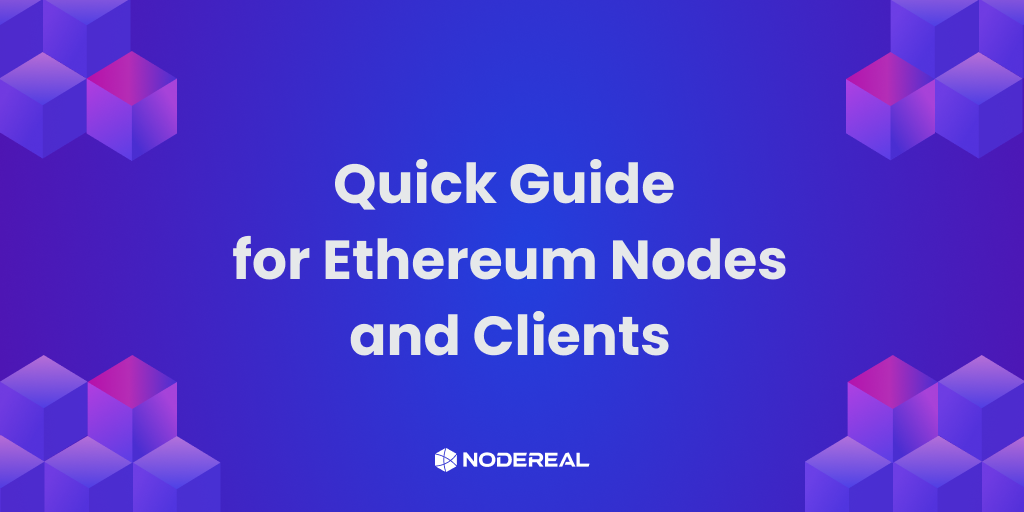The original post is from André Costa who is our BD. You can talk directly with Andre through https://linktr.ee/umdandre.
The Ethereum protocol is used by a variety of different networks. Each of these networks is effectively its own Ethereum environment, with an underpinning infrastructure made up of machines that are linked together.
There are nodes, which are computers that are connected online, and clients which are software programs that operate on each node.
To keep the protocol’s single canonical state and, hence, its intrinsic security, the Ethereum clients operating on the nodes assist. We may safely and securely utilize the protocol while simultaneously contributing to the Ethereum ecosystem by running an Ethereum client on a node.
We’ll take a closer look at the three sorts of Ethereum nodes in this post. In addition, we’ll take a look at the various open-source Ethereum clients’ features, support, programming language, and licensing.
Ethereum Nodes
Are machines aka servers aka computers that make up the Ethereum network’s nodes store, validate, and exchange data. In order to start an Ethereum node, a client must choose one of three options:
Full Node
Ethereum full nodes, as their name suggests, have a complete copy of the blockchain. They can also help with the distribution of data and the validation of blocks on the Ethereum network as a whole as well.
With Nodereal's MegaNode, you can have your full node up and running in less than 1 min. Go explore more here.

To stay current with the Ethereum blockchain, full nodes run a background sync process indefinitely. Full nodes can communicate with smart contracts on the Ethereum network. Running such a node, however, is prohibitively expensive because the high demand on both time and resources (That’s why you should go on a Node Provider)
Ethereum Light Node
When it comes to data storage, Ethereum lite nodes don’t store much. Header data, such the block’s timestamp and the preceding block’s hash, is all that is stored in these blocks. A light node will query the blockchain when further information is required. As a result, less data must be saved, and more data may be retrieved as needed. The stored data can be checked for validity by light nodes against the block headers’ state roots. Low-capacity devices, such as embedded tools or cellphones, might benefit from this sort of node since it does not perform expensive data storing and writing tasks.
Ethereum Archive Node
Archive nodes for Ethereum preserve all data and compile a history of the blockchain’s previous states. This is precisely what these nodes are for: They’re essentially an archive of blockchain data. Even after a client has finished synchronization, archive nodes will continue to store the previous data.
With Nodereal's MegaNode, you can have all Historical Data (Archive) Node up and running in less than 1 min. Go explore more here.

A “pruning” of past blockchain data by full nodes and light nodes is also possible. The past data can be reconstructed, but it will be lost. Even though they are less attractive to the typical user, service providers like block explorers, wallet suppliers, and chain analytics benefit greatly from archive nodes because of the large amounts of historical data they can store on each of their servers.
Ethereum clients
Software that a computer uses to engage with another type of software or service from a server is called a client. All transactions in each block are verified by Ethereum clients, ensuring that the network is safe and that the data is accurate.
It’s possible to find a variety of free, open-source, and cross-platform Eth1 clients (formerly known as Ethereum clients) inside the Ethereum ecosystem.
The features and benefits of each Ethereum client are distinct. A variety of solutions may be tailored to different user groups because of their flexibility. Consider the features, support, programming language, and licensing while selecting a client. Let’s check some:
Go Ethereum
Implemented in Go by Go Ethereum (also known as Geth). In terms of popularity, Geth is the most widely used Ethereum client. You may find a wide choice of Go-based solutions for users and developers on this platform, which boasts the largest user base. Under the GNU LGPL v3, Geth is free software.
Nethermind
Works on all major platforms, including ARM, and uses the C#.NET tech stack While retaining stability, dependability, data integrity, and security, Nethermind is easy to connect with existing systems. Nethermind provides step-by-by-step instructions for setting up an Ethereum node.
Erigon
Is a Go Ethereum fork that prioritizes speed and disk space efficiency. Future plans call for Erigon, a totally re-architected Ethereum implementation built in Go, to be transferred into other languages as well. Erigon was designed to be a more efficient, modular, and optimized version of Ethereum. With less than 2TB of storage capacity, this client can complete a full archive node sync in less than three days.
Quick takeaway
We looked at three main sorts of Ethereum nodes: full, lite, and archived. A node can take a long time to sync with the blockchain, and it may require continual maintenance depending on the sort of data that you’re looking to access. For example, even though archive nodes are slower, they are required if you need older data from the blockchain.
You can have your chain access via Nodereal's MegaNode.
Ethereum clients were also the subject of our post. Select the client that best meets your needs from the variety of options available. With any luck, you’ll be better prepared the next time you need to fire up a node program.
Hope it helps on your web3 journey!
About NodeReal
NodeReal is a one-stop infrastructure and solution provider that embraces the high-speed blockchain era. We provide scalable, reliable, and efficient blockchain solutions for everyone, aiming to support the adoption, growth, and long-term success of the Web3 ecosystem.
Join Our Community
Join our community to learn more about NodeReal and stay up to date!

